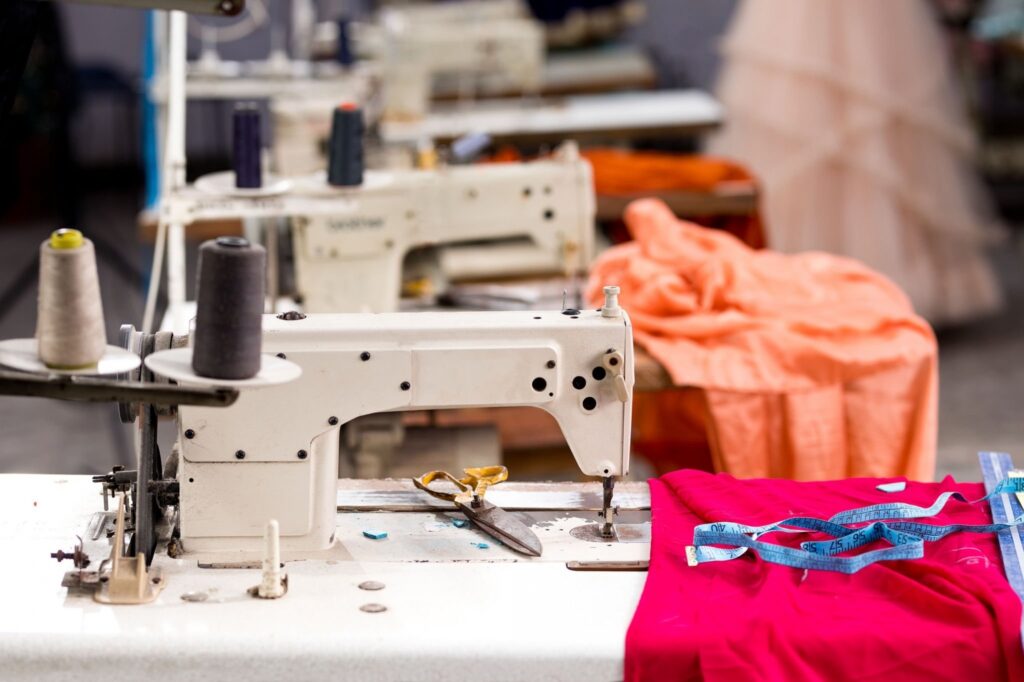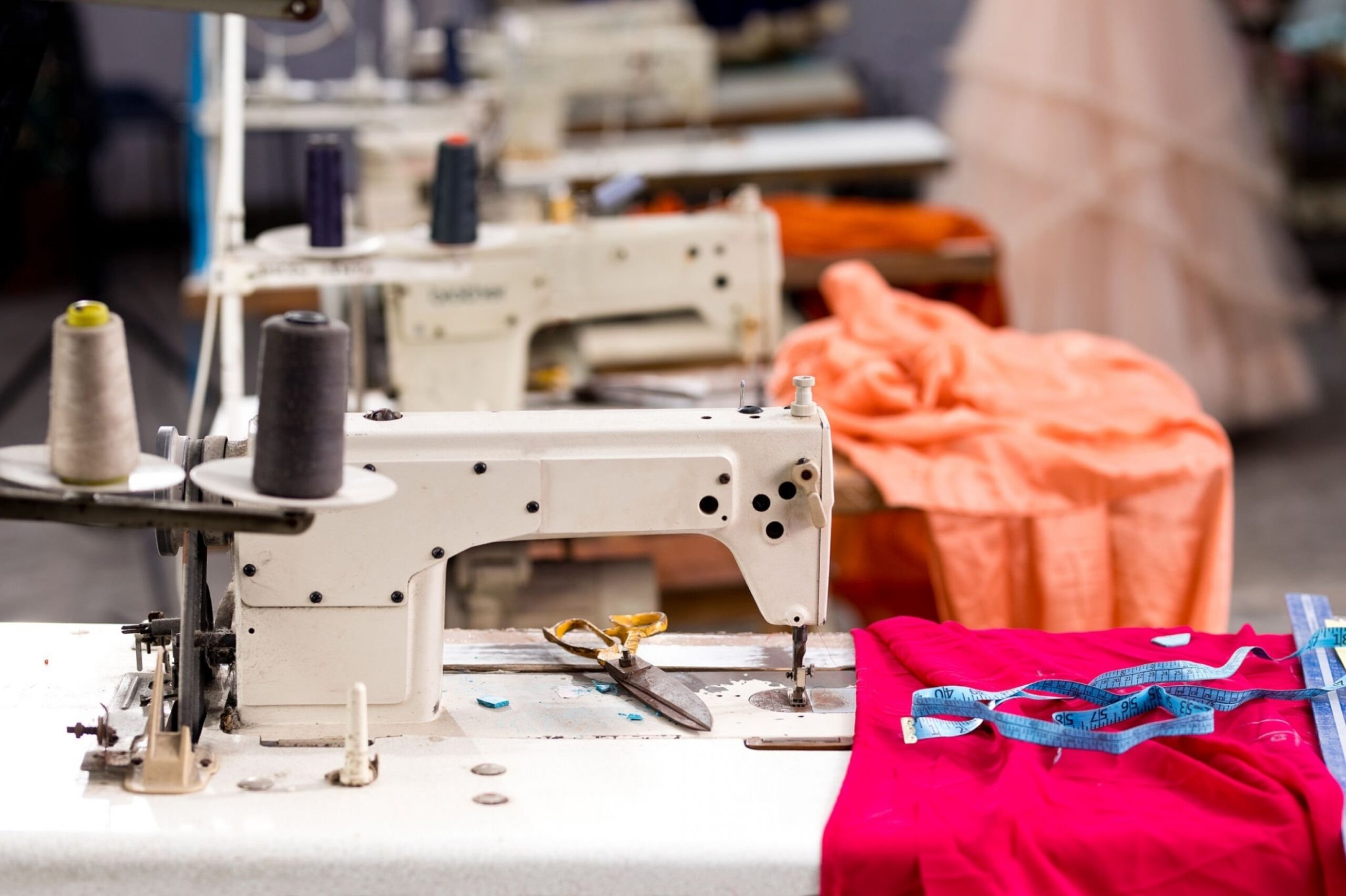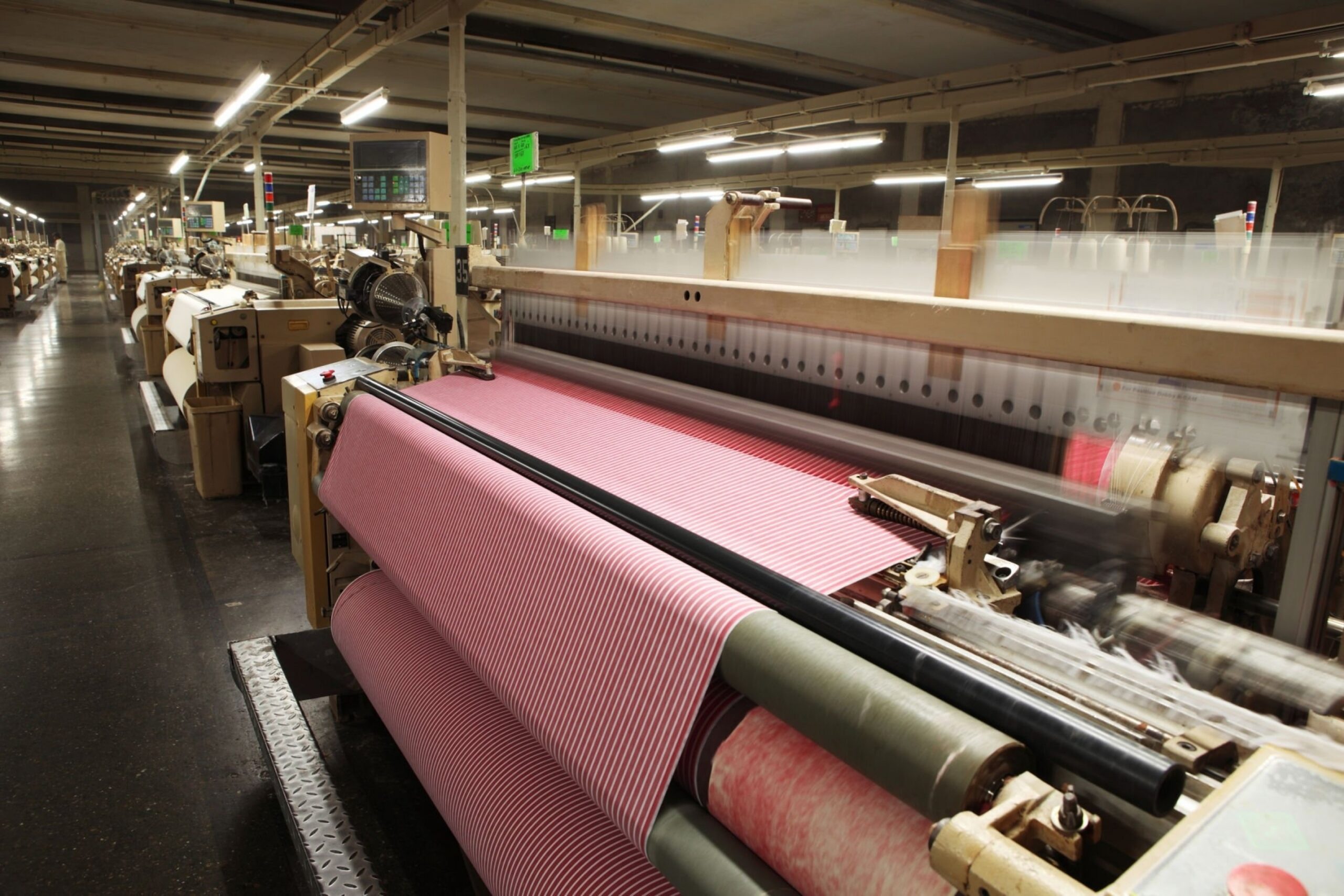Ethics is an essential component of business operations, and ethical manufacturing is a way of operating that upholds ethical standards. Ethical manufacturing is a business practice that involves a series of considerations related to sustainability and social responsibility. It’s also an approach to business that strives to do good.It should be noted, however, that ethical manufacturing practices are not limited to the supply chain alone. It also involves the company’s employees and customers, aiming to create products and services with value for people and the environment.
Knowing whether your business practices ethical manufacturing can help you establish clear values that guide your organization’s operations. Read more on how ethical manufacturing can benefit your business in this blog and whether or not your business practices it in depth!

Ethical Production
Ethical production principles can help companies reduce their carbon footprint, develop products with ethical components, and provide a safe working environment for the people involved in manufacturing. Ethical manufacturing involves considering manufacturing processes’ environmental, social, and ethical implications. It involves adopting sustainable manufacturing and ethical business practices that can improve workplace safety and quality, reduce waste and pollution, and benefit the community.
Ethical manufacturing can help companies achieve sustainability goals by reducing wasteful consumption of resources, developing products with ethical components, and setting the benchmark for ethical business practices.
- How to start a fashion consultant businessFashion is about expressing yourself, and what better way to do that than through clothes? Whether you are a designer, blogger, business owner, or fashion enthusiast, you may have thought… Read more: How to start a fashion consultant business
- 7 Steps to Import Fashion bulk Clothing from ChinaWhen it comes to sourcing clothes from China, you’d be surprised that the country is the largest clothing supplier in the world. It is a country of fashion with good… Read more: 7 Steps to Import Fashion bulk Clothing from China
- How to find China clothing manufacturer (Tips and strategies)When you decide who to manufacture clothing from, you will do well to consider sourcing raw materials from China. There are many reasons for this—and the main one is cost.… Read more: How to find China clothing manufacturer (Tips and strategies)
- How to write a business fashion planIt is no wonder fashion is an industry with constant innovation. It is a business that requires constant research and development to stay on the top of the mind of… Read more: How to write a business fashion plan
- Skills to help you succeed as a fashion consultantIf you’re interested in becoming a fashion consultant, developing the skills above is essential. A strong understanding of fashion trends and popular styles will help you identify what is trending… Read more: Skills to help you succeed as a fashion consultant
- The competitive advantage of Vietnam clothing manufacturersVietnam is one of the fastest-growing apparel industries in the world. This industry has been on an upward trajectory since 2010, and it’s expected to grow further in the years… Read more: The competitive advantage of Vietnam clothing manufacturers
Ethical Energy
Manufacturing is an important part of the world economy. But it also impacts the environment and the people who work on the job.
Manufacturing practices have environmental impacts such as greenhouse gas emissions and air pollution. This can have a significant impact on our health and well-being.
At the same time, manufacturing jobs often come with poor working conditions. This can affect employee morale and ability to do their best work. As ethical manufacturing practices can help conserve natural resources and protect the environment, companies must adopt them to show their commitment to protecting our planet.
Ethical manufacturing practices can help the boost company image and brand loyalty. Customers are more likely to trust brands that support good environmental practices. As a result, they are more likely to buy products made by these companies.
Ethical Products
Ethical manufacturing means producing products that are safe to use, meet environmental standards, and are produced in a way that respects workers’ rights.
Some ethical standards that ethical manufacturing practices can conform to include worker safety, environmental protection, and social responsibility. Through ethical manufacturing practices, companies can improve product quality and reduce waste. This benefits the environment and helps create sustainable and equitable economies. By investing in ethical manufacturing practices, companies can do their part in improving the health and welfare of the people and the planet.
sidebar
Ethical manufacturing aims to create sustainable, healthy, and safe products for everyone involved in their production. This can be achieved through waste minimization, fair working conditions, and social responsibility policies. Ethical manufacturing produces products that meet or exceed social and environmental responsibility standards.
Ethical manufacturing can help reduce the environmental impact of businesses. By implementing ethical manufacturing practices, businesses can help enhance their reputation and build customer trust. This will encourage them to purchase ethical products, increasing business revenue and profitability. Additionally, ethical manufacturing helps raise awareness about environmental issues such as climate change and toxic waste disposal. As such, businesses can become more proactive in tackling these issues and positively impact the environment.
Footer
Ethical manufacturing is a process that incorporates ethical principles into the entire manufacturing process, from planning to production. This process strives to improve workplace conditions and the quality of life for workers. Through sustainable development and protection of human health, ethical manufacturing practices foster transparency and accountability in the global supply chain. It helps ensure that products are made safely and responsibly.
– In ethical manufacturing, employees are empowered to make decisions that impact their work environment and well-being. – Ethical manufacturing empowers employees to make decisions regarding fair wages and working conditions.
– In ethical manufacturing, there is an emphasis on environmental sustainability. Employees are encouraged to consider environmental impact during manufacturing processes and receive training and guidance on environmental issues. – An ethical manufacturing culture encourages employees to make ethical purchasing decisions by encouraging suppliers to adopt sustainable business practices.
Frequently Asked Questions
What is the definition of ethical manufacturing?
Ethical manufacturers strive to improve the quality of life for people and the environment by adhering to various standards. These standards include fair treatment of workers, environmental responsibility, social responsibility, and more.
What are some of the principles behind ethical manufacturing?
Furthermore, ethical manufacturing focuses on avoiding child lab or and working conditions that are harmful or hazardous. By working towards these goals, ethical manufacturers can create safe products for the people making them and those using them.
Additionally, ethical manufacturing strives to pay workers a fair wage considering their experience and skill level. By doing this, ethical manufacturers can help to improve the living standards of those who work in their factories.
What are some of the challenges to implementing ethical manufacturing practices?
Cost can be challenging because ethical manufacturing may be more expensive than traditional manufacturing processes.
Regulation can be challenging because some countries do not have laws or regulations specific to ethical manufacturing.
Social responsibility can be a challenge because companies may feel that they are unable to meet all of the social responsibility requirements.
Why is ethical manufacturing important?
First of all, ethical manufacturing practices often help to protect the environment. By using more sustainable materials and methods, manufacturers can avoid harmful chemicals and impact the environment in a less harmful way.
Furthermore, ethical manufacturing practices often protect workers’ rights. Often, these practices require companies to provide good working conditions and pay their employees fairly. Additionally, ethical manufacturing practices can lead to higher quality products because they use quality materials and methods from beginning to end.
Conclusion
Ethical manufacturing is a way of life that requires a commitment to sustainability and ethical business practices. It could well be the future of the manufacturing industry—and it may already be. If you’re not already practicing ethical production, you should start today. Your customers and stakeholders will thank you for it. To learn more, contact us here.





